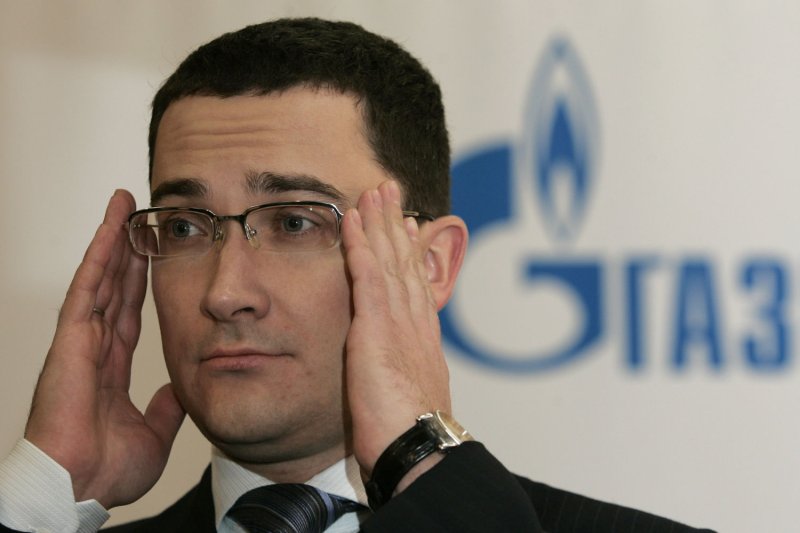Gazprom spokesman Sergei Kupriyanov tells news agency Tass the country is examining its role in the Turkish gas business. File photo by Anatoli Zhdanov/UPI |
License Photo
June 28 (UPI) -- Russian natural gas company Gazprom said it was reconsidering its direct role in the Turkish market, but remained keen on Turkey as a transit partner.
Russia news agency Tass reported Wednesday that Gazprom is stepping away from the gas business in Turkey, but was still focused on the broader region.
"We are keeping a close eye on development trends of the Turkish energy market and considering various options of cooperation with Turkish consumers," a Gazprom spokesman told Tass.
Turkey relies on natural gas for about 35 percent of its primary energy demand and its appetite is accelerating on economic gains. According to the Turkish Ministry of Foreign Affairs, it's second in the world after China in terms of gas and electricity demand growth.
About a quarter of total Turkish energy demand is met by domestic resources and the government said the primary aim is to bolster energy security through diversification strategies and renewables.
Gazprom in December approved a three-and-a-half-year loan to aid the construction of the planned Turkish Stream pipeline, a network meant to tap deeper into the European market. The funds target construction, purchase contracts and general administrative expenses.
"We assume that the role of Turkey as the largest energy player in the region will continue growing," the Gazprom spokesman said.
Geopolitical issues associated with Ukraine make legacy routes risky and Turkey's geographic position makes it attractive as a bridge to transport energy resources from Central Asian suppliers to the European market
Trade last year between Russia and Turkey declined by 32 percent to $15.8 billion.















